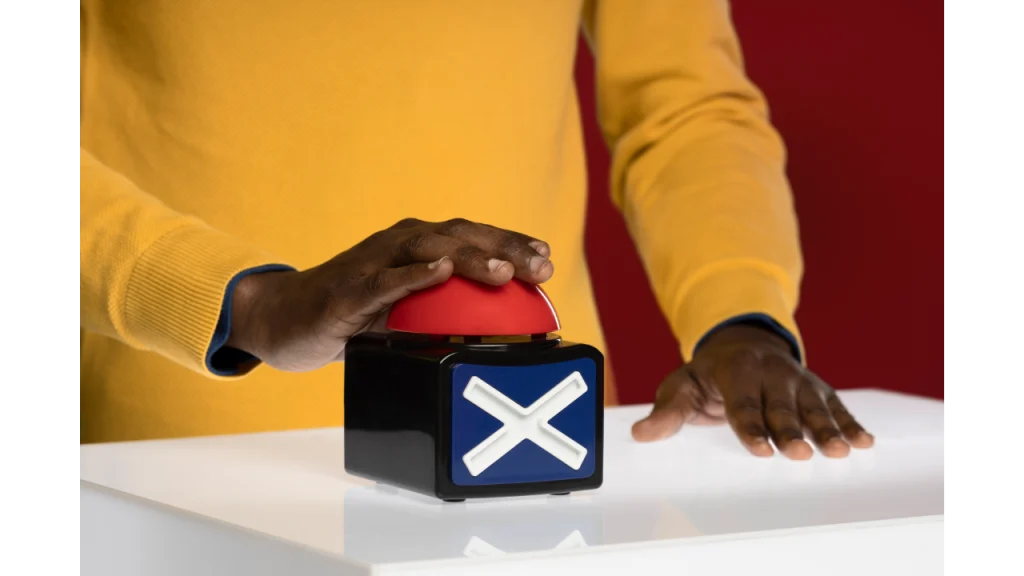• Sudan’s TPRA has banned all WhatsApp voice and video calls nationwide from 25 July, citing national security threats.
• Activists and experts warn the ban infringes on digital freedoms and disrupts critical communication for Sudanese amid conflict.
What happened:Sudan blocks WhatsApp calls
Sudan’s Telecommunications and Post Regulatory Authority (TPRA) said on 20 July it would block all WhatsApp voice and video calls from 25 July, calling it a “precautionary measure” to protect national security and stability. Dabanga Sudan confirmed that text messaging and group chats will stay active under the order.
The move drew immediate criticism. “This isn’t about safety. It’s about shutting people up,” one activist told local media on condition of anonymity. Digital rights researcher Ammar Hamouda said the ban “has less to do with safety and more to do with control,” adding that business interests were also at play alongside security arguments. Rights group Access Now called the move “a blow to ordinary Sudanese,” warning it would cut people off at a time when communication lines are already threadbare.
Also read: WhatsApp’s new Nearby Share to enable file transfers without internet connection
Also read: Meta’s WhatsApp unveils new AI tools for businesses
Why it’s important
In Darfur and South Kordofan, where cell towers lie in ruins and entire towns rely on a single generator to power a few working routers, WhatsApp calls have been more than a convenience — they’ve been the last thread holding families together. Parents in Khartoum have used it to check if children displaced to the west are still alive. Aid volunteers have used voice calls to arrange food drops where no other network holds. Cutting that channel doesn’t just silence an app; it breaks one of the few lines of contact left in a war that has already severed so many.
The move also shows how the battlefield is no longer just on the ground. By targeting a single feature of a single app, the government is testing how far it can control the flow of speech without shutting down the internet entirely. Some local operators may see a short‑term boost in paid international call revenue, but the price is deeper: every block chips away at what little trust remains between citizens and the state.
In a country where the infrastructure is already hanging by a thread, blocking one of the last affordable and functioning services drives home a harsh reality — for Sudanese civilians, communication itself has become a casualty of war.

